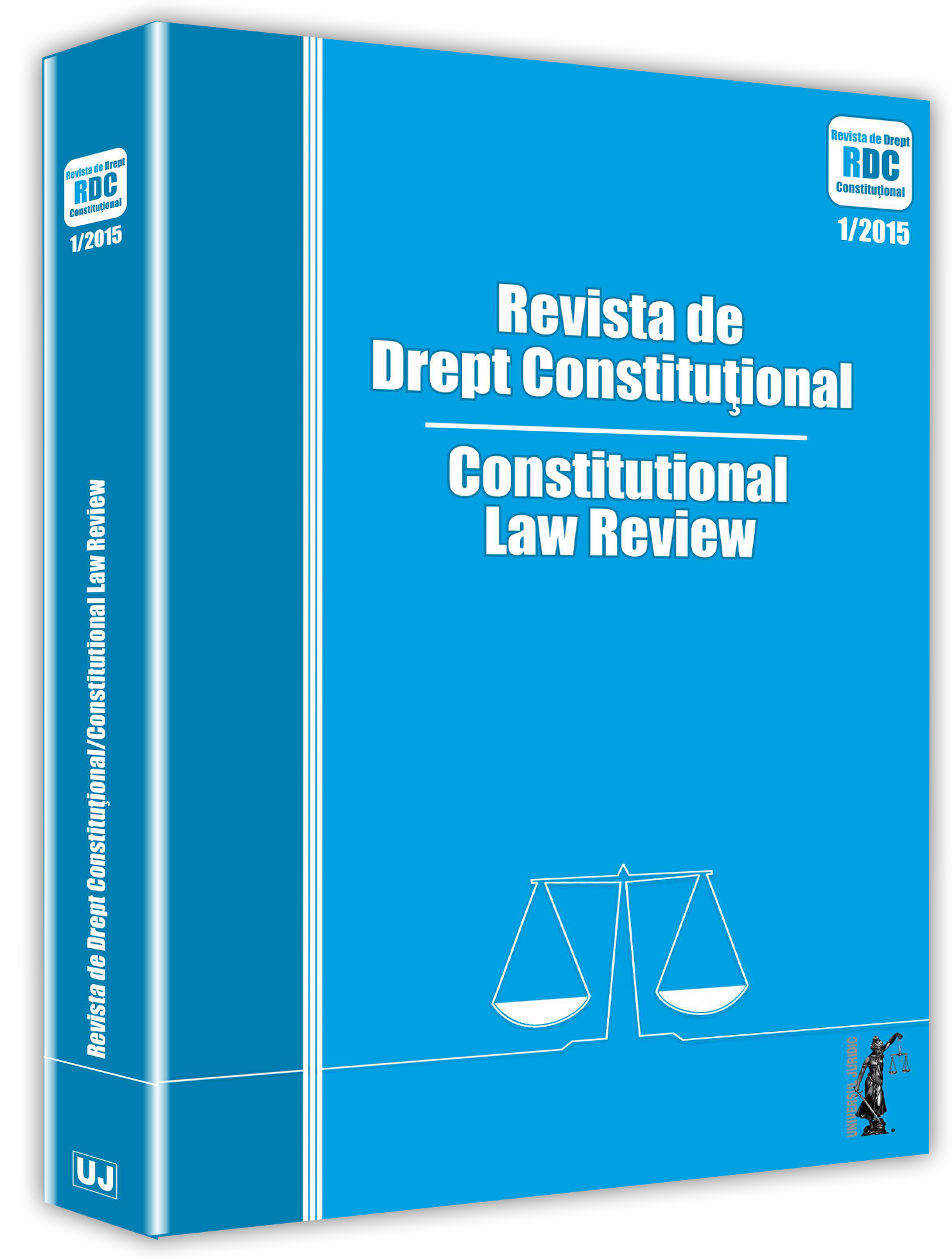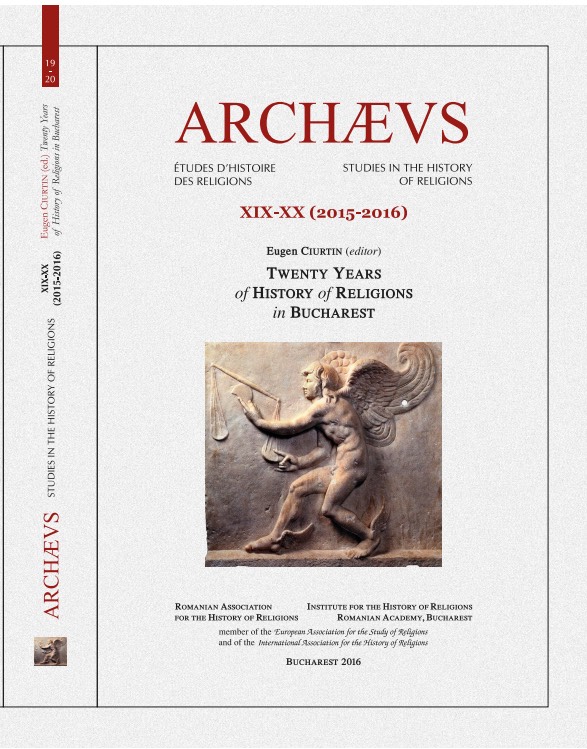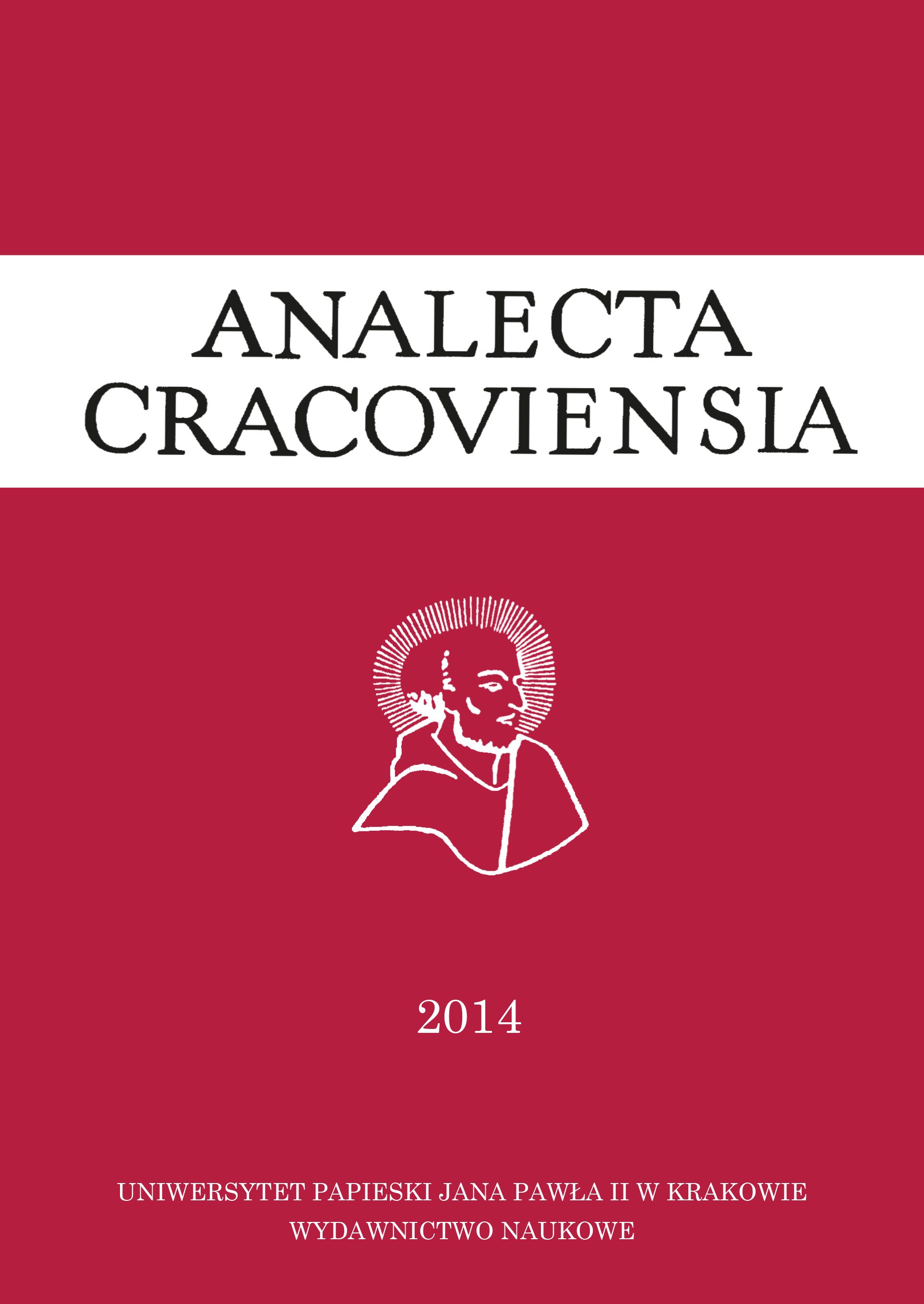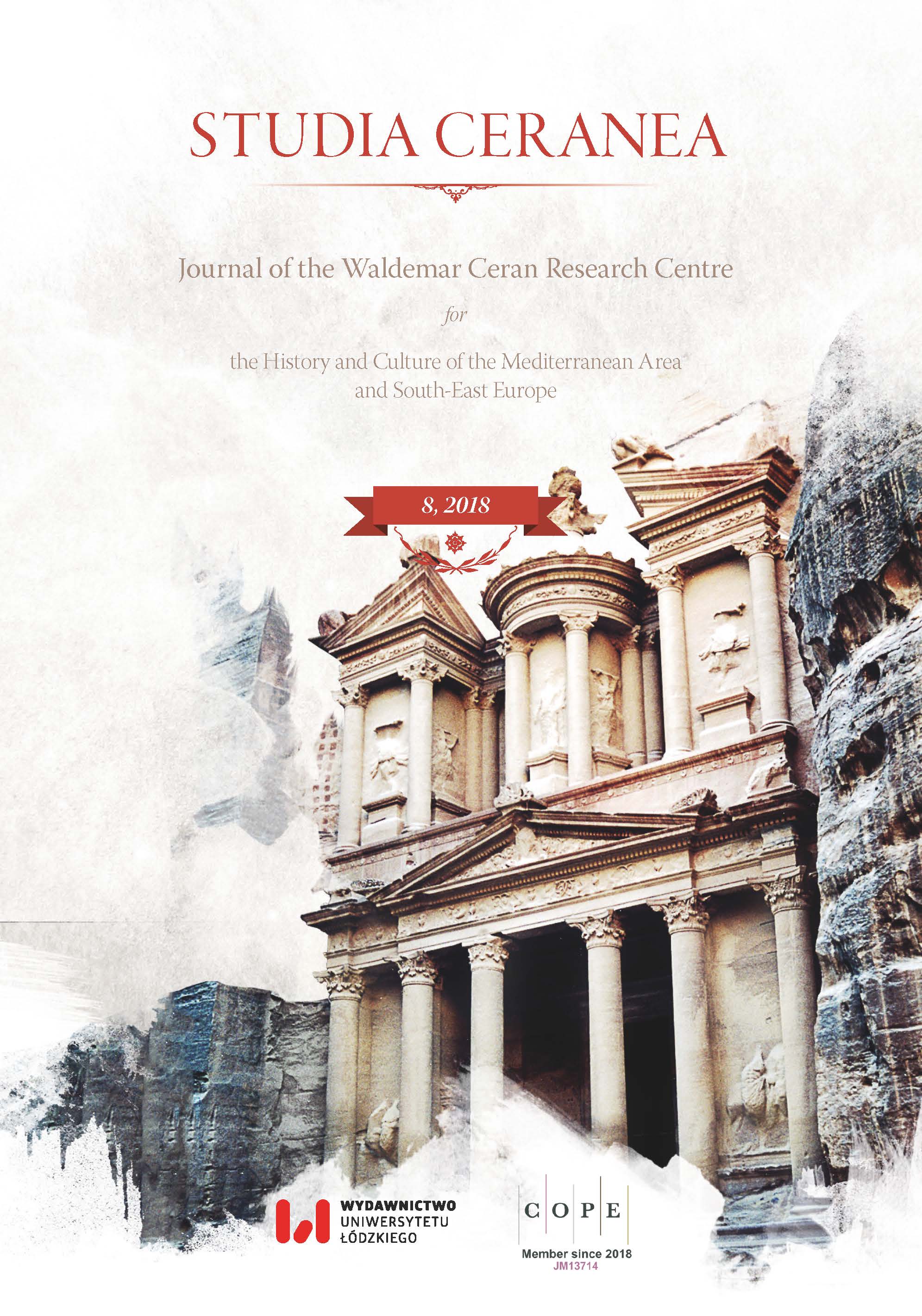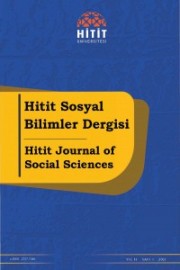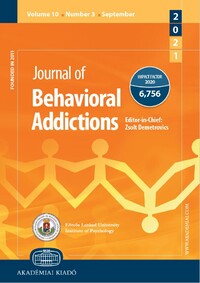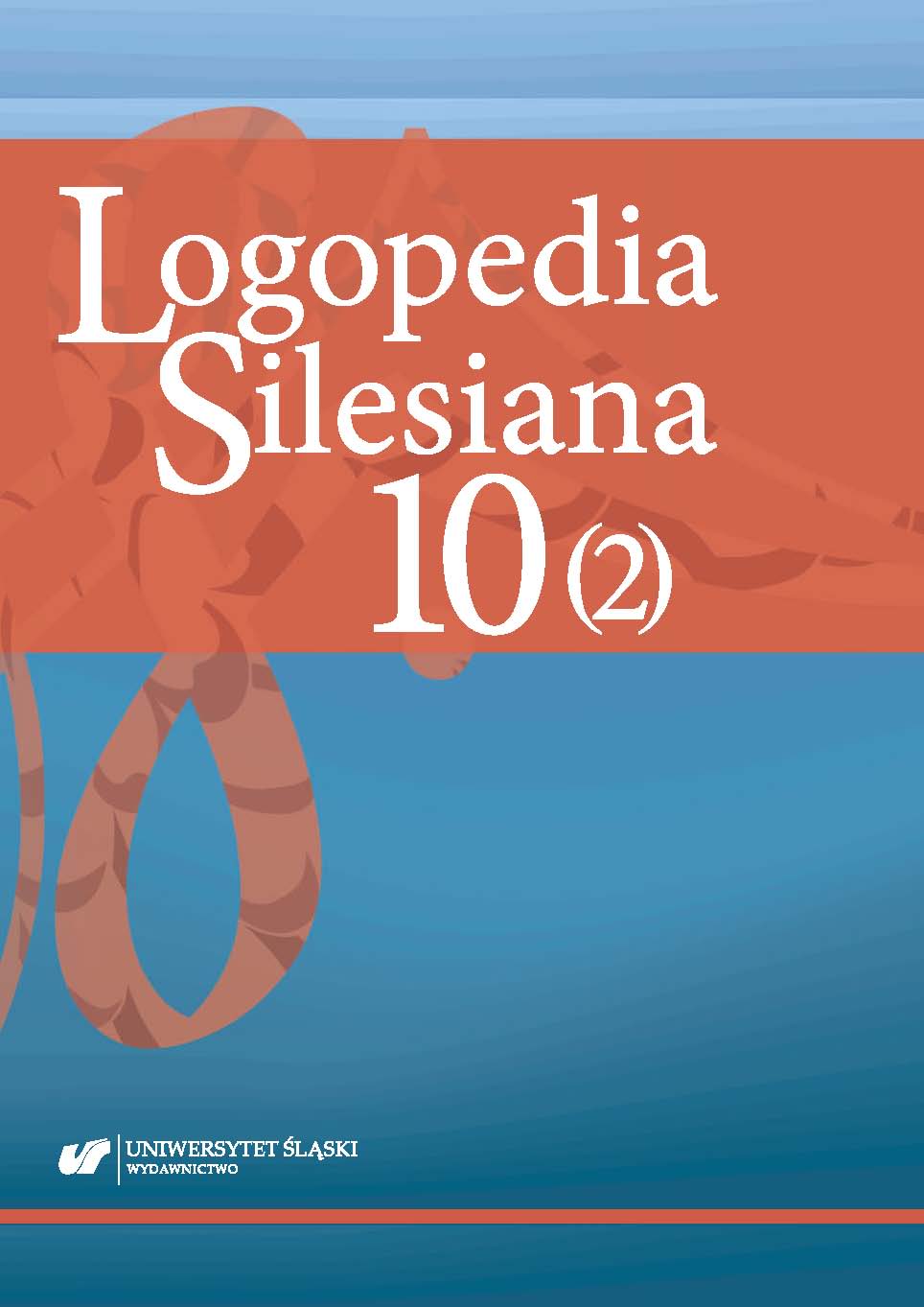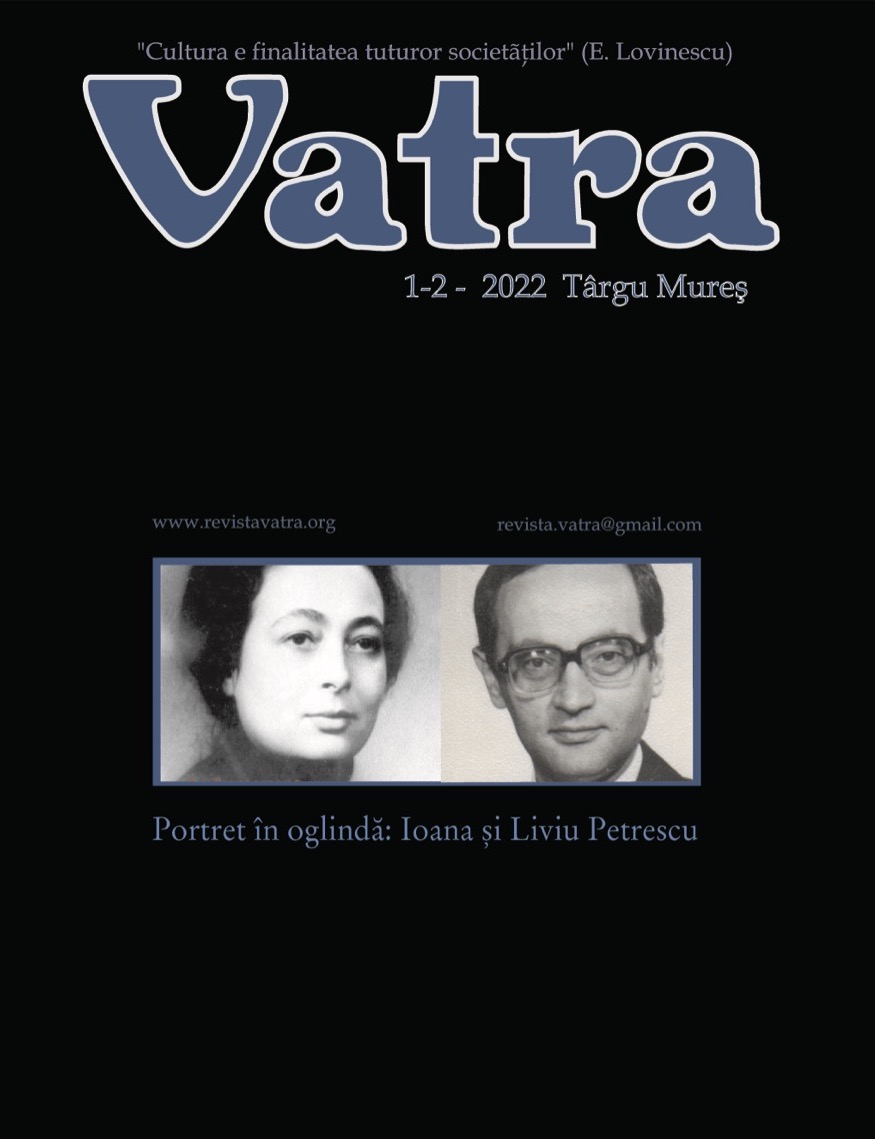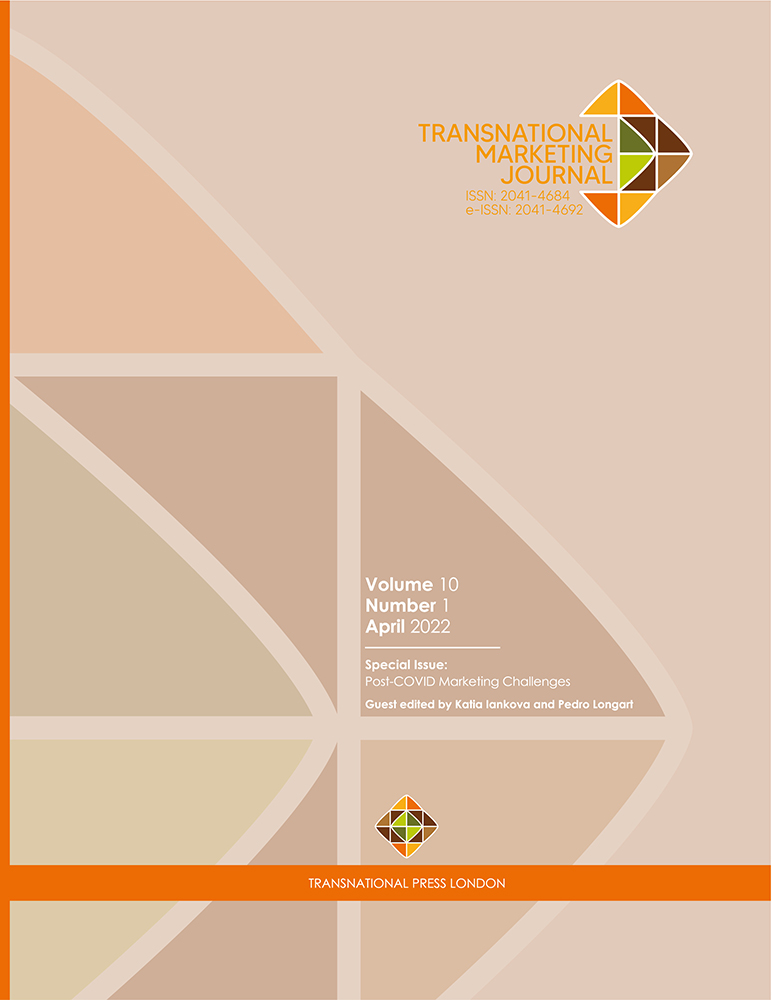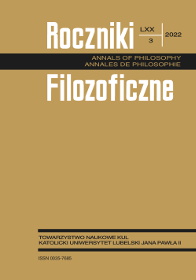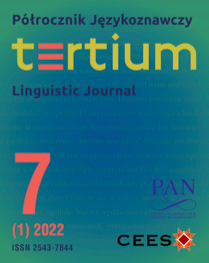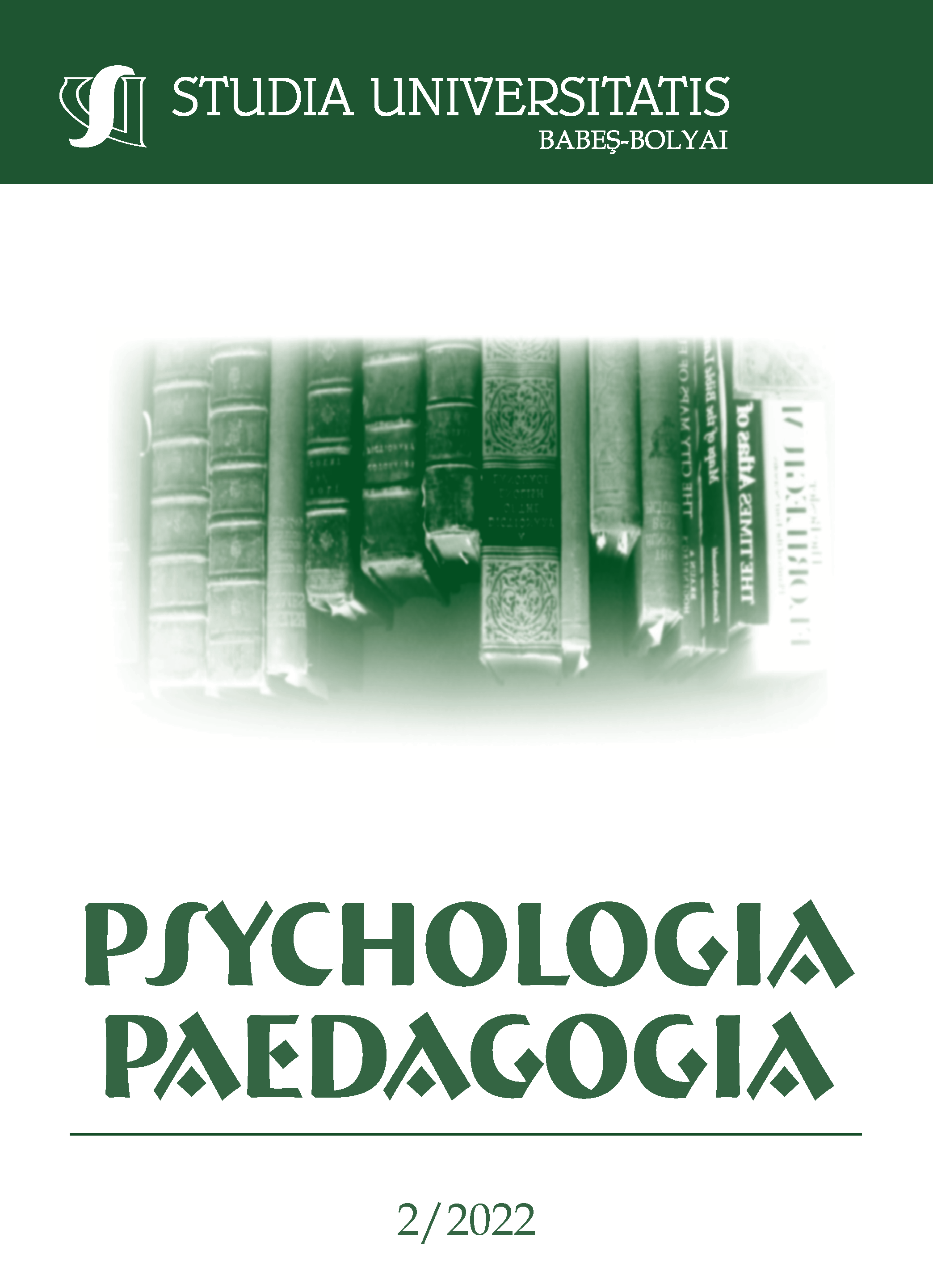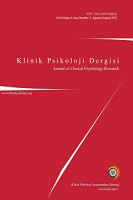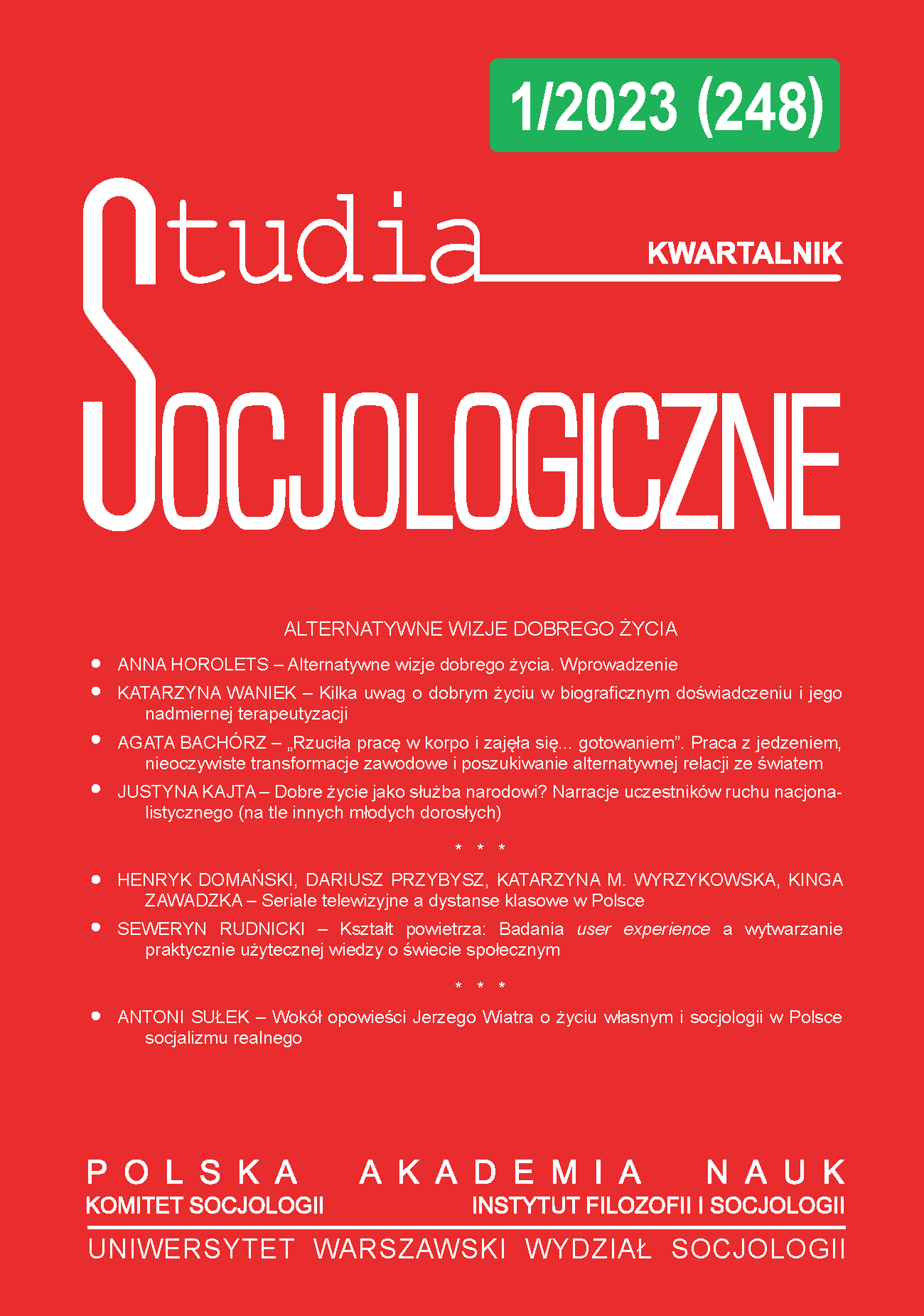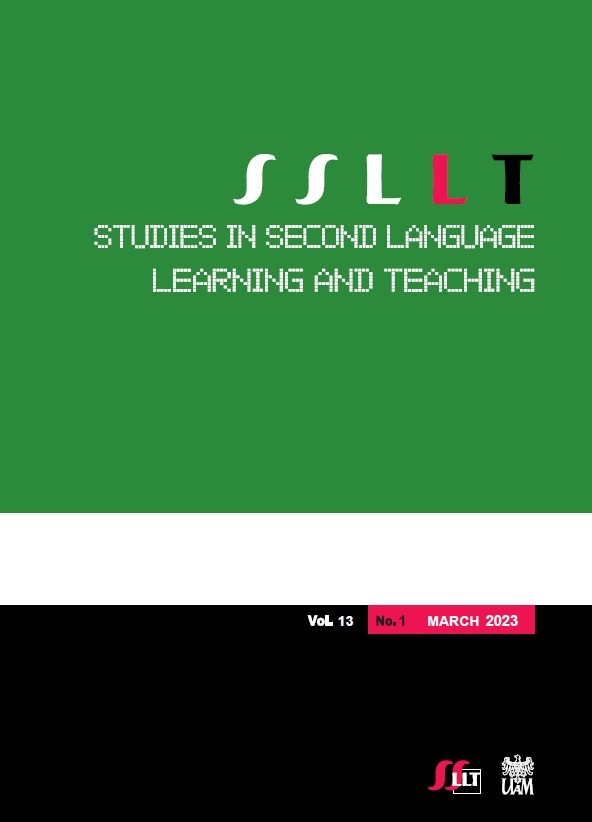STEPS TOWARDS AN ECOLOGY OF PERFORMANCE
STEPS TOWARDS AN ECOLOGY OF PERFORMANCE
Keywords: performance; ecology; bodies; practices; nature; affect; theory
Our aim in constructing our keynote events was to present a spectrum of approaches to the conjunction of performance and ecology, to give some account of what has been done in writing and in practice. We also wanted to demonstrate in our methodology some of the dynamics of the conjunction; to raise some questions both about the 'ecology' of a 'performance' in a group setting and to suggest some topics for further speculation. Since we adopted an interactive approach, picking up approaches and points for discussion from each other and moving, physically and metaphorically, around the space, we cannot completely reproduce the process and directionality of that event in writing. Instead, we offer a set of notes and topics, written individually by each of us but woven together in what seems like a useful sequence, but which is not, either in its sequence or in the exact words, a replica of what occurred in the session. We will cover much if not all of what we tried to raise there, and there may be occasional additions. We start to think about the complexity of what might constitute an ecology of the theatre. Although we do not ignore text, we focus principally on the nature of performance training and practice and the kinds of 'ecological' knowledge which can be identified here, the relationship between performance and site/location/environment, and the ways in which thinking about theatre and performance as an ecology problematises what goes on. We question the nature/culture binary which would keep the two separate, and we’ve tried to come up with different ways of addressing that. We also challenge the idea that human beings, and by extension theatre, are in some way separate from nature and the animal.
More...
